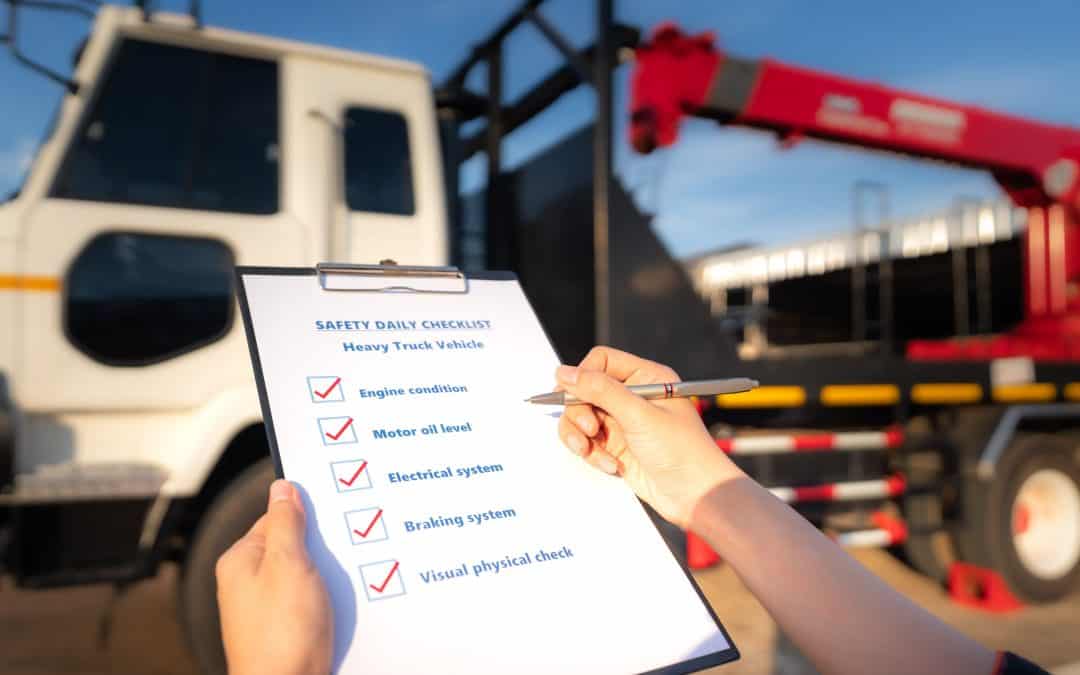At United Crane Services, we pride ourselves on safety. In our industry, we have heard countless horror stories of unsafe crane operation leading to not just a loss of productivity, but injury and even loss of life. In this article talk we talk about the different factors that come into place regarding crane safety.
Operator Competency
One of the most important factors that affect safe crane operation is operator competency. In Australia it is easy to become a competent crane operator by completing a week-long course to earn yourself a crane ticket. You can even go to TAFE and get a cert III in Construction Crane Operations so you really know your way around. On top of obtaining these tickets, experience is key.
It’s good man-management to keep an eye on operators when they’re first employed so you can gauge whether the task at hand might be too difficult for them. It doesn’t take long to see if a person is uncomfortable operating cranes. Make sure you undertake internal checks to verify operator competency of each employee before allocating them to a crane task – therefore you will be rest assured you’re sending the right person to do the job.
Crane Maintenance
It’s imperative that a crane operates in its optimal condition; therefore another important element of crane safety is machine maintenance. Mechanics should ensure that each crane is maintained to manufacturer specifications and serviced regularly, as well as prior to each use – such as topping up fluids and other tasks. As well as site requirements and United Crane Services’ own rigorous maintenance regime, cranes here in Australia should all meet CraneSafe requirements.
Ground Conditions
The third major aspect of crane safety is an on-site assessment of ground conditions. Because cranes are so heavy, when it is set up and rolling a substantial amount of pressure is applied to the ground’s surface. If the ground conditions aren’t able to cope with the pressure it could have disastrous consequences.
To make sure this doesn’t happen, a part of a good risk management process is to have supervisors inspect the site’s ground conditions before operation. They should measure up the area, figure out access routes and look for any environmental impacts the crane may cause from the bearing pressure. Look for things like pipes, electrical or other infrastructure before operating.
Operators should also conduct their own visual assessment prior to operation in case conditions have changed since the supervisor inspection. If there are any geotechnical reports on hand to look at they will confirm the ground is able to withstand the crane’s pressure.
United Crane Services – Committed to Crane Safety
At United Crane Services our machine maintenance regime is extremely thorough and carried out by seasoned professionals to make sure that our fleet remains contemporary and safe. With United Crane Services you know your crane will be up to the task and safe. With several different types of equipment available, it’s important to consult a crane specialist as to which would be better suited for your needs. We would be happy to help you there: feel free to call us on +61 08 9250 4488

